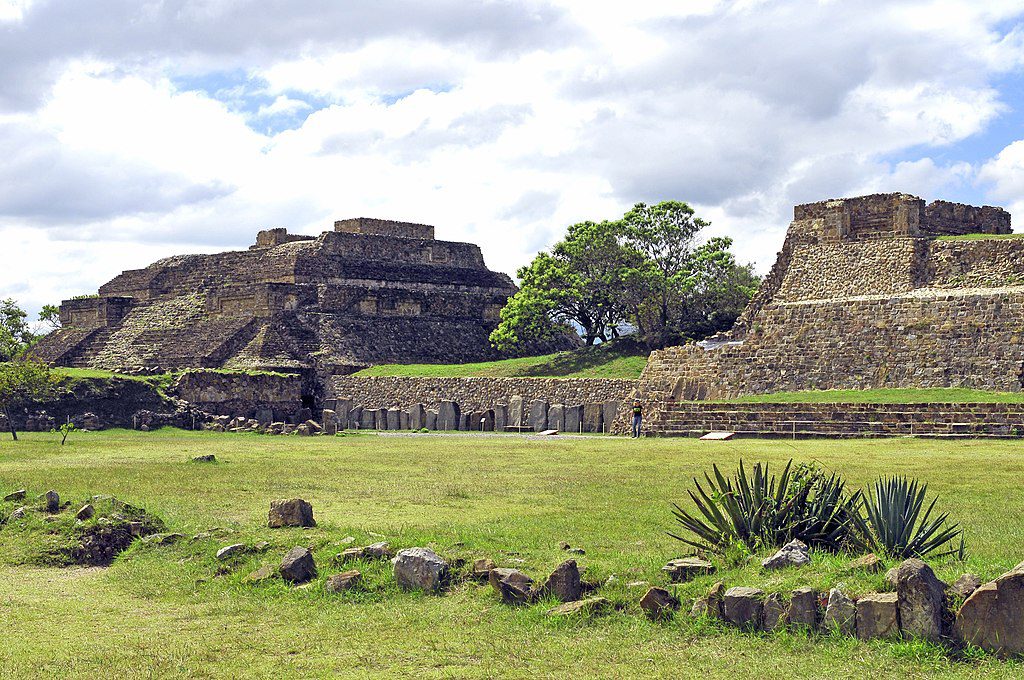The following is an excerpt. Read the full article at Naked Capitalism.
By Linda M. Nicholas and Gary M. Feinman
New evidence and understandings about the structure of successful early societies across Asia, Africa, and the Western Hemisphere are sweeping away the popular assumption that early societies tended toward autocracy and despotism.
Archaeology has a more valuable story to tell: Collective action and localized economic production are a recipe for sustainability and broader well-being. The Mesoamerican city of Monte Albán, which was a major regional urban center for 1,300 years, is a shining example. It is a powerful case study that early investments in public infrastructure and goods foster longer-term sustainability.
There is a rich vein of insight here for some of the most pressing challenges faced by humanity: billions of people living in poverty, and collapsing social structures in the developing world. And in the wealthy industrialized world, many are increasingly disillusioned by the flaws in our political and economic models.
But if we’re going to use the models from the ancient past, can we be confident about how early societies really operated?
Researchers have begun to identify archaeological evidence that works as indicators for political and social behaviors and institutions:
- Is there evidence of extreme wealth disparity or equality in lifestyle or burial?
- Does monumental architecture foster exclusivity (elite tombs, aggrandizing monuments, evidence of dynastic legitimation) or access (e.g., open plazas, wide access ways, community temples)?
- Are palaces prominent or is it not clear where the leader resided?
- Does art emphasize lineal descent, divine kingship, and royal patron deities or does it feature more abstract themes such as fertility or integrative cosmological principles?
There is a lot we can determine from a society’s tendency toward the first or second option in each of these questions about whether it was more autocratic or associated with collective/good governance.
Read more at Naked Capitalism.
Linda M. Nicholas is an adjunct curator of anthropology at the Negaunee Integrative Research Center at the Field Museum of Natural History in Chicago, Illinois.
Gary M. Feinman is the MacArthur curator of Mesoamerican, Central American, and East Asian anthropology, also at the Negaunee Integrative Research Center.
This article was produced by the Independent Media Institute.
